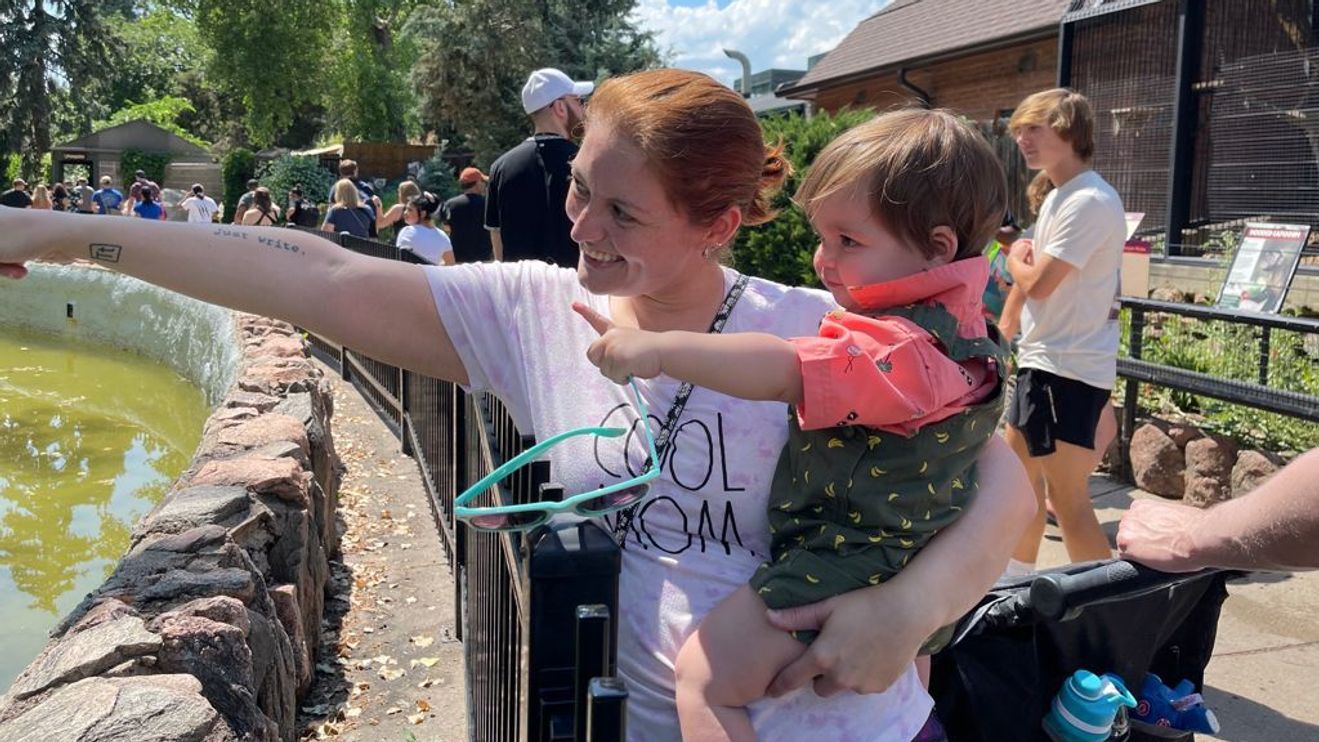As a mother of two young boys, Amber Marlow worries that the pandemic might affect her children’s development because of the social isolation it has frequently imposed.
“I do notice that when I go to the playground, my older son loves to try to interact with kids — and he doesn’t really know how,” says Marlow, referring to her two-year-old child.
The Brooklyn, N.Y., resident, who works as a wedding photographer, also wonders if all the added time spent at home has made children — she has a five-month-old as well — more restless. “There isn’t enough activity,” she adds.
Marlow is hardly alone in her concerns. And new research shows parents may have reason to be worried. A study of more than 600 children in Rhode Island found that those born during the pandemic had lower scores on cognitive tests than those born before.
“ ‘The COVID-19 pandemic has fundamentally altered the child-health landscape.’ ”
“The COVID-19 pandemic has fundamentally altered the child-health landscape,” say the study authors, who include Sean Deoni, director of MRI Research at Memorial Hospital of Rhode Island. The study, released earlier this month, has not yet been peer-reviewed.
The obvious reasons the pandemic may be having such an effect speak to the situation Marlow describes. At points, government mandates have forced the closures of schools, daycare centers and playgrounds, so children have often been confined to home. Restrictions have generally been lifted over the past year, though the situation is quickly changing with the surge in the delta variant. Some parents have nevertheless been hesitant to risk exposing their children too much throughout the pandemic.
That lack of contact with other children and even adults can indeed hamper a young person’s development, say experts.
“The learning from one another is huge,” says Nicole Lipkin, a Philadelphia-based psychologist and founder of HeyKiddo, a company that develops tools to help parents, caretakers and educators work with kids in developing social and emotional skills.
Some parents say their kids haven’t had major developmental issues during the pandemic, but they can’t help but notice little things.

Denver writer Irina Gonzalez with her son Rio.
Courtesy Irina Gonzalez
Irina Gonzalez, a Denver writer who also hosts the “Pandemic Mama” podcast, says her 17-month-old son Rio has been a few months behind in certain skills, such as walking and talking. She says she’s been advised by her doctor that her child is just on the later end of the developmental spectrum and that there’s no cause for concern, but she nevertheless stays on top of the situation.
Gonzalez also says she enrolled her son into full-time daycare in May, which was a little earlier than she might have otherwise opted. “We wanted him around other kids,” she says of the decision.
Child-development specialists say that parents are smart to look for opportunities to expose their children to other children, provided there’s a comfort level that the environments are safe from a pandemic standpoint.
“ Experts say that parents can take heart in the fact that children who are behind in their development can often easily catch up. ”
They also say if parents have any worries, there’s little harm in seeking out help and advice from professionals, starting with a pediatrician. That can be especially true for first-time parents, says Meghan Fitzgerald, co-founder of Tinkergarten, a company that specializes in outdoor learning for kids.
“You may not know what is normal” development, says Fitzgerald.
At the same time, experts say that parents can take heart in the fact that children who are behind in their development can often easily catch up. Kristene Geering, director of content for Parent Lab, a company that provides parenting courses, says there’s a wealth of research showing that the young brain is plenty malleable.
Geering also emphasizes that the stresses of the pandemic may work against parents in providing an ideal environment for their children to learn and grow. She thus encourages moms and dads to tend to themselves as much as possible.
“Taking care of yourself is taking care of your children,” says Geering.










Add Comment